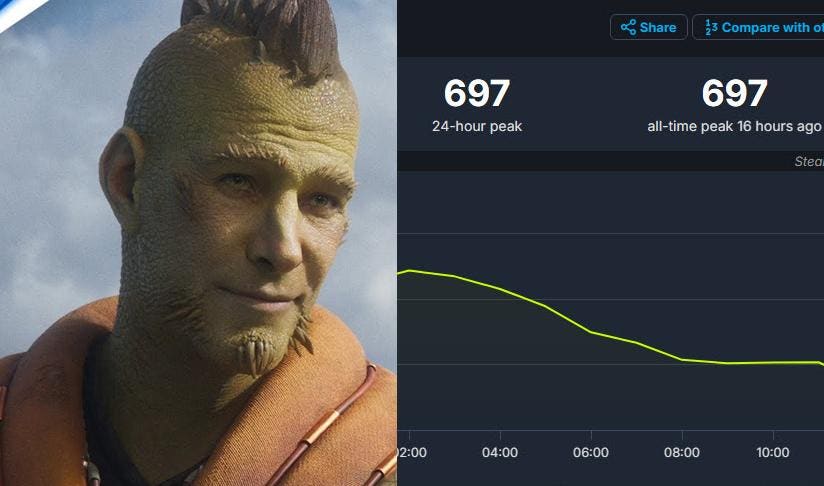Google’s new Pixel 9 Pro and Pro XL have a lot to be excited about, from the revamped design to the set of cool new AI capabilities. And while many of these capabilities are based on images — including the wildly generating AI Pixel Studio — Google’s Gemini Advanced is able to provide in-depth (albeit sometimes imprecise) answers to almost any question you might have.

So I thought I’d ask him about the biggest challenge: to revise himself. I’ve already written my review of the Pixel 9 Pro XL, highlighting good things like the updated design, long software support period, and decent daytime photography capabilities, along with less positive aspects like the monthly subscription to Gemini Advanced and disappointingly low light. image quality.
My review is based on my 13 years as a tech journalist specializing in mobile, along with my experience testing the phone in a variety of real-world scenarios. The Pixel review is apparently based on the information it can piece together from the internet. I asked him to «write a 200-word review of the Pixel 9 Pro XL.» Here’s what he came up with:

«Pixel 9 Pro XL is Google’s biggest and boldest smartphone to date. With a sleek new design, a stunning 6.8-inch display and a powerful Tensor G4 chip, it’s a true flagship device. The system The camera is outstanding, capturing stunning photos and videos in any lighting. The battery life is also impressive, easily lasting a full day on a single charge.
«However, it’s not perfect. The phone is quite expensive, and the lack of expandable storage may be a turn-off for some. Also, while the Tensor G4 is fast, it doesn’t quite match the raw power of some competitors.
«Overall, the Pixel 9 Pro XL is a fantastic phone with a lot to offer. If you’re looking for a high-end Android device with an incredible camera and long battery life, it’s definitely worth considering. «
Honestly? Not a bad effort. Like me, he notes the «sleek new design» and even admits that the phone is expensive and the Tensor G4 processor isn’t up to snuff. However, it really pushes the camera’s capabilities far beyond what I believe to be accurate, making it read more like marketing material than an honest review based on experience.

Gemini Advanced on the Pixel 9 Pro XL works well, but the results aren’t always accurate.
While the example above is a verbatim quote from one of the answers he gave me, I asked him to review the Pixel 9 Pro XL multiple times, changing my wording each time. Interestingly, the results changed quite dramatically.
Some attempts noted poor macro photography, others complained of inconsistent battery life. One review concluded: «If you’re looking for the absolute best in terms of performance or design, other options may be more suitable.» Another said, «the design feels stale and the price is steep for what you get,» calling the AI features a «cheat.»
The results were inconsistent, with a different opinion emerging each time I ran the question. This is simply the nature of AI research; Factors such as where the information is pulled from or how the algorithm will decide to put it together are not consistent. That’s why if you asked him to write a poem about a circus horse 100 times, you’d get 100 different poems.

But beyond simple inconsistencies, I’ve also noticed factual errors, with some reviews incorrectly discussing the Tensor G3 processor (instead of the Tensor G4 it actually uses) and other errors in its key specs. Inaccurate information is something I found across the board in my testing of Gemini Advanced, with the service suggesting I listen to songs that simply don’t exist and directing me to grab a beer at a bar that’s long since closed.
The lesson? Be careful how much trust you place in AI-generated answers. Of course, I’m definitely going to say trust the experts at CNET over an AI if you’re planning to buy a product, but that applies more broadly. Trust your doctor on AI-generated medical advice; trust a real electrician on how to rewire your home; and of course try to use your common sense if an AI tries to tell you to eat glue and rocks.
The weird and wonderful images we got from Google’s Pixel Studio
See all photos


